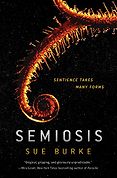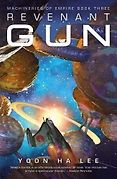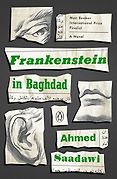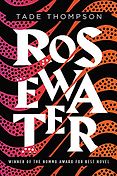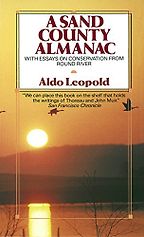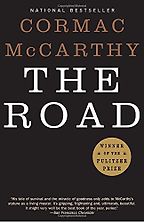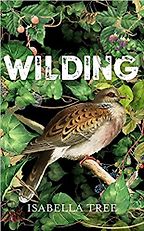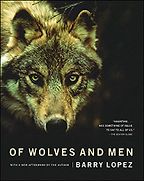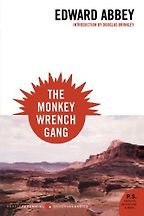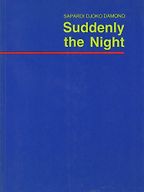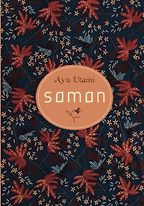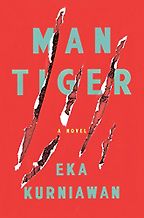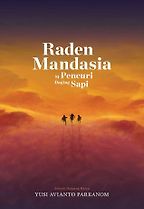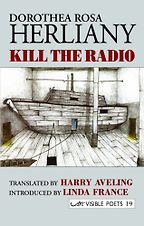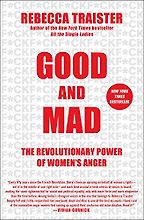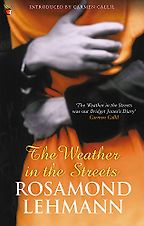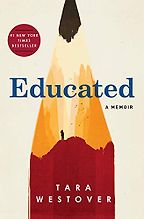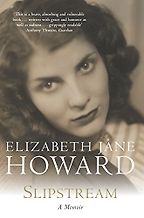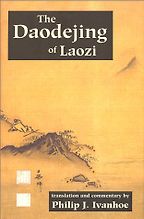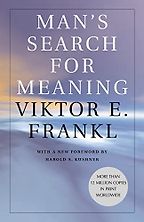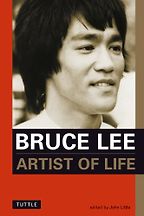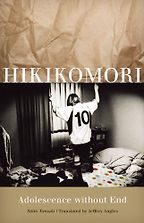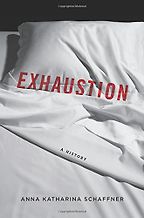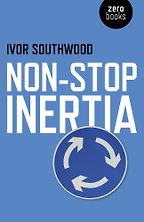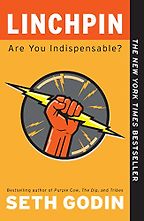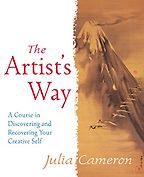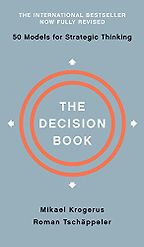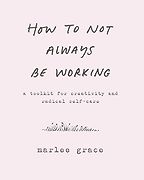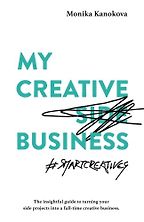Interviewer

Cal Flyn, Deputy Editor
Five Books deputy editor Cal Flyn is a writer from the Highlands of Scotland.
Her latest book, Islands of Abandonment—about the ecology and psychology of abandoned places—is out now. It has been shortlisted for the 2021 Baillie Gifford Prize, the Wainwright Prize for writing on global conservation, the British Academy Book Prize, and for the title of Scottish Nonfiction Book of the Year.
At Five Books, she interviews on subjects including literary fiction and nonfiction, psychology, nature, environment, and science fiction.
Interviews by Cal Flyn
The Best Sci Fi Books of 2019: The Arthur C Clarke Award Shortlist, recommended by Tom Hunter
If you’re hoping to travel to a galaxy far, far away with your next book, these six excellent sci fi novels will help you on your way. Tom Hunter, the director of the Arthur C Clarke Award for science fiction books, discusses the 2019 prize shortlist.
-

1
Zen Mind, Beginner's Mind: Informal Talks on Zen Meditation and Practice
by Shunryu Suzuki -

2
The Life of Milarepa
Translated by Lobsang P Lhalungpa -

3
Cutting Through Spiritual Materialism
by Chogyam Trungpa -

4
The Bodhicaryāvatāra
by Śāntideva -

5
One Robe, One Bowl: The Zen Poetry of Ryōkan
by Ryōkan
Meditation Books, recommended by Andy Puddicombe
Meditation Books, recommended by Andy Puddicombe
Two decades ago Andy Puddicombe was ordained as a Buddhist monk. Now back in lay life, he tries to teach the benefits of meditation to the rest of us—most notably through the Headspace app, but also by writing books. Here he chooses some of the books that inspired him, from Japanese poetry to Tibetan philosophy. Not all are meditation books but they are his “old favorites.”
The best books on Wilderness, recommended by Mark Boyle
Author and environmentalist Mark Boyle lived for three years without money; now he lives entirely off-grid and eschews all forms of modern technology, in search of a wilder way of living—and of being more in tune with the natural world. Here he discusses his literary inspirations: the best books on wilderness.
The Best Contemporary Indonesian Literature, recommended by Dee Lestari
There’s never been a better time to be an Indonesian writer, says the singer-songwriter and bestselling author of Supernova Dee Lestari, as she recommends five fascinating works of contemporary Indonesian literature.
The best books on Coping With Failure, recommended by Elizabeth Day
Elizabeth Day, author of How to Fail: Everything I’ve Ever Learnt from Things Going Wrong, explains how the road to success truly is paved with failure—and why we must learn to deal with it better.
The best books on High Performance Psychology, recommended by Michael Gervais
To reach your full potential you must put as much effort into building mental resilience as you do into work or training, advises high-performance psychologist Dr Michael Gervais. Here, he selects five titles to help you find the right mindset—whether you dream of sporting stardom, artistic achievement or business success.
-

1
Flash: The Making of Weegee the Famous
by Christopher Bonanos -

2
Ninety-Nine Glimpses of Princess Margaret
by Craig Brown -

3
Inseparable: The Original Siamese Twins and Their Rendezvous with American History
by Yunte Huang -

4
The Man in the Glass House: Philip Johnson, Architect of the Modern Century
by Mark Lamster -

5
The Big Fella: Babe Ruth and the World He Created
by Jane Leavy
The Best Biographies: the 2019 NBCC Shortlist, recommended by Elizabeth Taylor
The Best Biographies: the 2019 NBCC Shortlist, recommended by Elizabeth Taylor
Biography is booming, says the longtime book critic and biographer Elizabeth Taylor. Here she highlights the five fantastic books shortlisted for the National Book Critics Circle 2019 biography award, and how historical lives provide insight into contemporary culture.
The best books on Burnout, recommended by Josh Cohen
Overwhelmed, exhausted, yet unable to relax when you have the chance? You are not alone. Josh Cohen, psychoanalyst and author of Not Working: Why We Have to Stop, discusses the symptoms and causes of burnout—and why relentless activity is at the source.
-

1
Educated: A Memoir
by Tara Westover -

2
The Day That Went Missing: A Family's Story
by Richard Beard -

3
All You Can Ever Know: A Memoir
by Nicole Chung -

4
What Drowns the Flowers in Your Mouth: A Memoir of Brotherhood
by Rigoberto González -

5
Belonging: A German Reckons with History and Home
by Nora Krug -

6
Old in Art School: A Memoir of Starting Over
by Nell Painter
The Best Memoirs: The 2019 National Book Critics Circle Awards Shortlist, recommended by Laurie Hertzel
The Best Memoirs: The 2019 National Book Critics Circle Awards Shortlist, recommended by Laurie Hertzel
An increasing diversity of voices and willingness to experiment has heralded a new golden age of autobiography, says literary critic Laurie Hertzel. Here she highlights the very best: the six memoirs recently shortlisted for the National Book Critics Circle Awards.
-

1
Linchpin: Are You Indispensable?
by Seth Godin -

2
The Artist's Way: A Course in Discovering and Recovering Your Creative Self
by Julia Cameron -

3
The Decision Book: Fifty Models for Strategic Thinking
by Mikael Krogerus & Roman Tschäppeler -

4
How to Not Always Be Working: A Toolkit for Creativity and Radical Self-Care
by Marlee Grace -

5
My Creative (Side) Business: Turning your Side Projects into a Full-Time Creative Business
by Monika Kanokova
The best books on Creating a Career You Love, recommended by Emma Gannon
The best books on Creating a Career You Love, recommended by Emma Gannon
If you are fed up and burnt out, it’s time to take concrete steps towards building a better life, based on a job you love. Bestselling business author Emma Gannon tells Five Books about the career advice books that have inspired her most.
